Photo Credit: Cancillería del Ecuador
Please note the information included in this article is valid as of May, 2016. Ecuador frequently changes requirements and procedures. Be sure to check the most up to date regulations on their Spanish or English website (the Spanish version is typically more up-to-date), or contact the Immigration Ministry directly with further questions.
[color-box color=”green”]
What is the Professional Visa (9-V)?
The professional visa is a residency visa that allows you to live and work in Ecuador. It is a life-long visa that does not expire. The professional visa is appropriate for those who have received a university degree and would like to live and work in Ecuador. It is not required that you work for an Ecuadorian organization, rather, it simply means that you can live and earn money in-country, whether for an Ecuadorian or a foreign organization.[/color-box]
[color-box color=”green”]
What are the required documents and affiliated procedures?
To apply for the professional visa, you will need to gather documents from your home country. Each document must be processed appropriately before the submission of your visa application, and the procedures are different for each document. For more specific instructions on the steps to take with each document, read below.
- A passport with at least 6 months remaining
- A university diploma (Bachelors, Masters, PhD) registered by the Education Ministry (SENECYT – Secretaria de Educacion Superior, Ciencia, Tecnologia, e Innovacion)
- Ecuador has a pre-approved list of universities (listados de universidades extranjeras, expedidos por la SENECYT) around the world that are fast-tracked in the professional visa application process. If your university is on this list, the only physical document you will need is your diploma. If your university is not on this list, you will need supplemental documents to prove the legitimacy of your degree. These items include: a letter from your university stating you were on campus full-time for your degree, a copy of your transcripts, and class descriptions.
- Unlike prior years, the diploma does not need to be translated. It does, however, need to be apostilled in the district in which it was issued (For example, if you went to a university in Maryland, you need to contact the Secretary of State of Maryland). Supplemental documents of non-approved universities need to be apostilled, translated, and notarized in Ecuador.
- A federal background check from your home country (Certificado de Antecedentes Judiciales del Gobierno Federal)
- A state/province background check for anywhere you have resided in the last 5 years (Certificado de Antecedentes del Gobierno de la Provincia)
- Migratory Movement Certificate (Certificado de Movimiento Migratorio)
- The government immigrant application form (Formulario de Solicitud de Visa de Inmigrante)
- Passport photos
- Copies of passport main page + applicable visa pages
Important to be Noted:
- Each document only has a validity of 180 days. Older documents are invalid. This is very important to note for background checks and anticipated mailing times if you are living out of country. (For example, if you get your background check directly from the FBI, the current wait time is up to 6 months. Your other documents could expire while you are waiting for this to process)
- All documents must be submitted in Spanish, with the exception of your university degree. Translations should be made in Ecuador and properly notarized.
- All documents must be apostilled in the district in which they were issued, and translated and notarized in Ecuador.
- If you are on the T-3 tourist visa, you must submit the application at least 1 month prior to the expiration of your current visa.
[/color-box]
[color-box color=”green”]
What are the limitations if you hold a professional visa?
If you are granted the professional visa, you are required to stay in country for a minimum of nine months during your first year and nine months during your second. This means you can only travel out of the country for 90 days in your first year and 90 days in your second. After this initial period, there are fewer regulations (you cannot stay out of the country for more than 18 months at a time if you wish to keep the visa).[/color-box]
[color-box color=”green”]
What costs are associated with the visa requirements?
As of January 2016, the application fee for the professional visa is $50 and, if granted, the visa fee is $500.
The other costs associated with the visa will be paid to various parties. Other costs to consider include:
- Diploma: Fees from your university to print an early or duplicate diploma
- State background check: Cost of fingerprints and service charges ($20 at a police station) + background check ($18-20) + mailing fees if applicable (see example of Maryland’s procedures here.)
- Federal background check: $20 directly from the FBI or $50 expedited from a federal channeler + the cost of finger prints + mailing fees if applicable
- Apostilles for your diploma, state background check, and federal background check:
- State apostilles, $5 + mailing fees if applicable (see example of Maryland’s procedures)
- Federal apostille, $8 + mailing fees if applicable
- Translation + Notarization in Cuenca, $30 per document
- Each document will cost approximately $30 to be translated and notarized by an authorized translator. Note you are not allowed to know your translator. If you have translation and notarizing services done separately, you will pay separately.
- Migratory Movement Certificate, $5
- Shipment fees
- International: If you do not complete all paperwork in your home country prior to arriving in Ecuador you will encounter heavy shipping fees. The most trusted source for sensitive documents is DHL. It can be delivered directly to your home or can be picked up at the DHL Cuenca office. $60-75 for express shipping
- Domestic (within U.S.): if you do not live close to your state capital (for state-level documents) or Washington D.C. (for federal level documents) you will be mailing your documents to the appropriate secretary of state office.
[/color-box]
[color-box color=”green”]
What steps/timeline should I follow to apply for the professional visa?
To apply for the professional visa you will move through three phases:
1) Document preparation in home country,
2) University degree authorization in Ecuador, and
3) Document preparation and submission in Ecuador [/color-box]
[color-box color=”gray”]Full Checklist: Apply for a Professional Visa
- Confirm your passport has at least 6 months remaining
- Make color copies of your passport
- Obtain passport photos
- Obtain your university degree and confirm that your university is pre-approved by SENECYT. If not, obtain supplemental university documents
- Obtain an apostille for your university degree
- Obtain digital or paper fingerprints and submit request for state background check
- Obtain paper fingerprints and submit federal background check through FBI or approved channeler
- Obtain apostille for state background check from the secretary of state in which it was issued
- Obtain an apostille for the federal background check via mail or drop-in services in Washington, DC
- Go to the SENECYT office in Azogues to request registration of your degree (remember this must be done before your application can be submitted – wait time approximately 1 month to process request)
- Print registration of degree confirmation from online portal
- Translate and notarize your state background check in Ecuador
- Translate and notarize your federal background check in Ecuador
- Obtain your migratory movement certificate within 1 week prior to submitting application
- Write letter of intent
- Print and complete visa application form
- Travel to Azogues to submit visa application
- Return to Azogues for visa pick-up appointment
[/color-box]

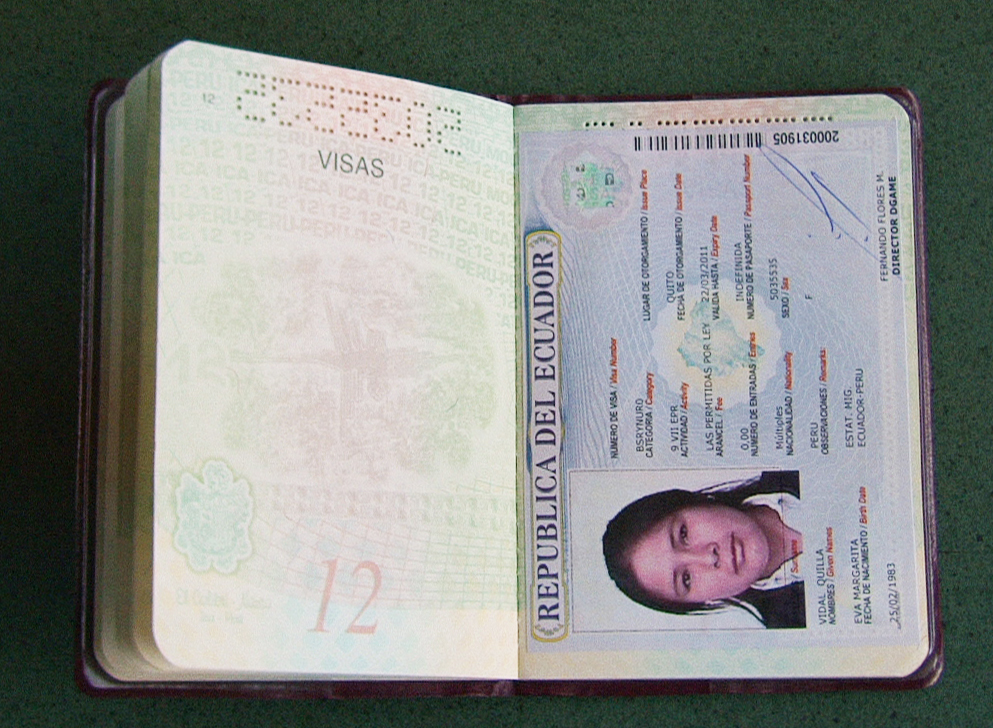





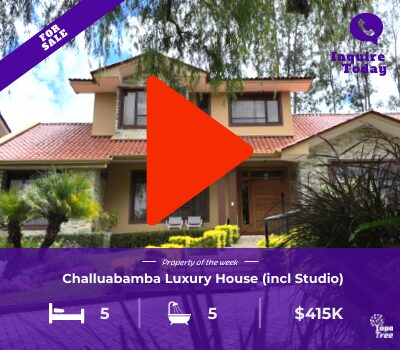



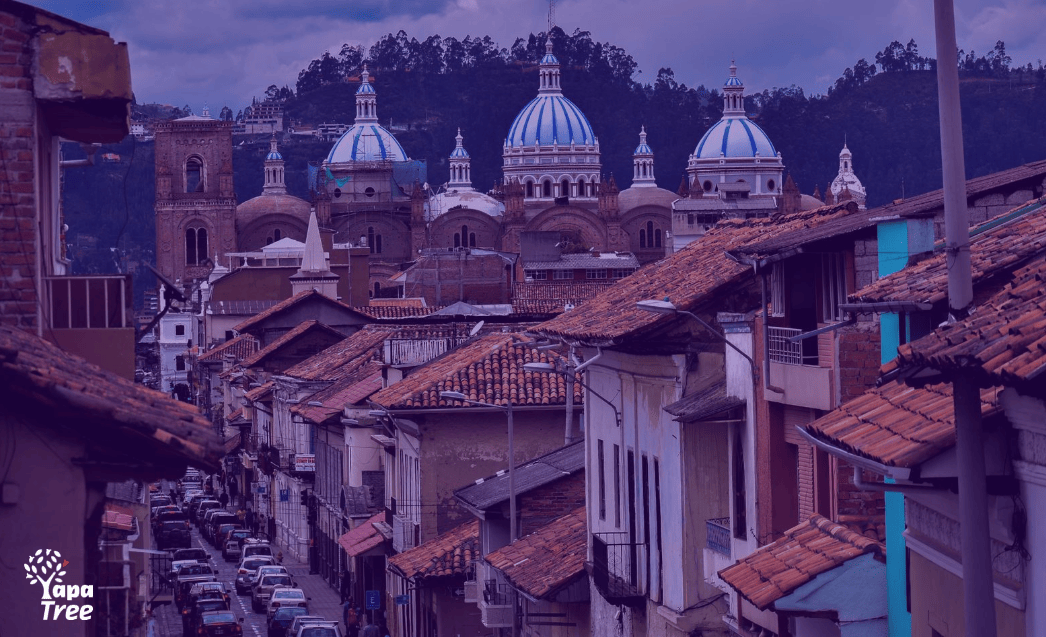
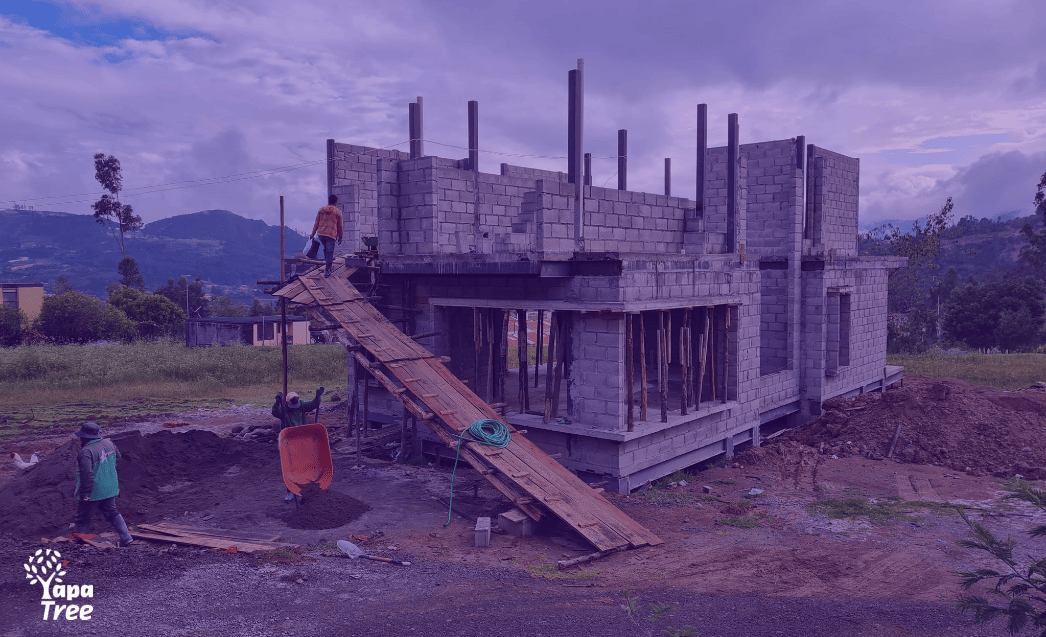
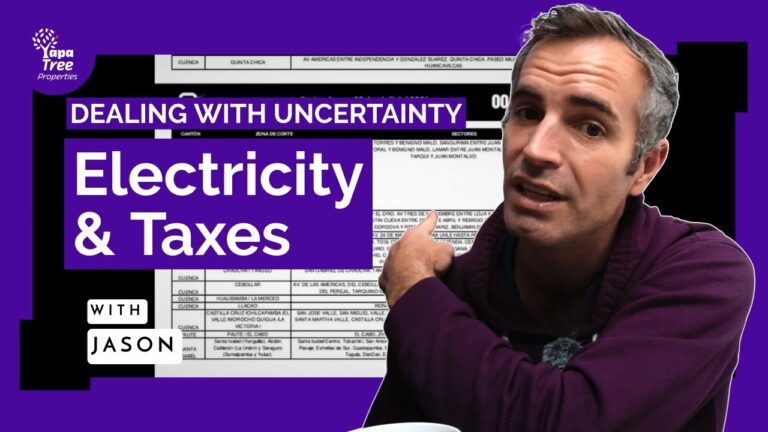

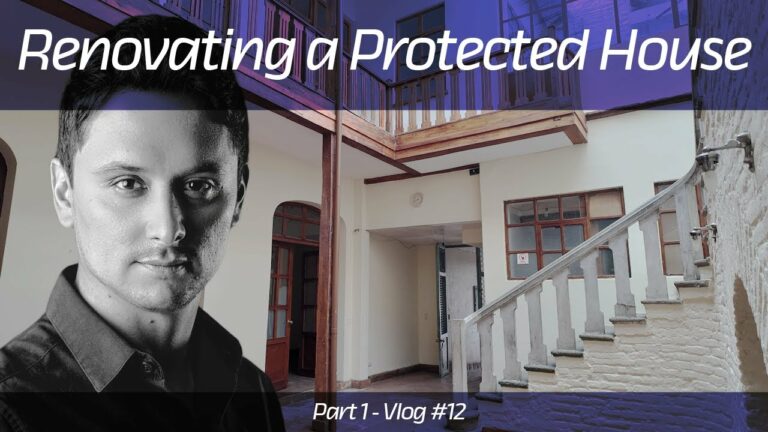
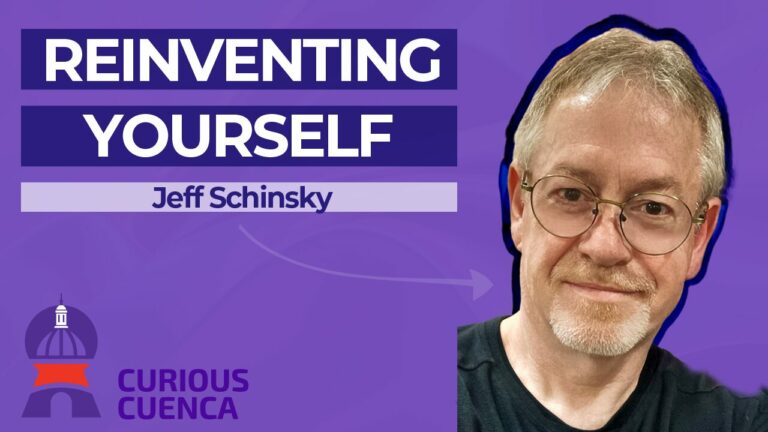
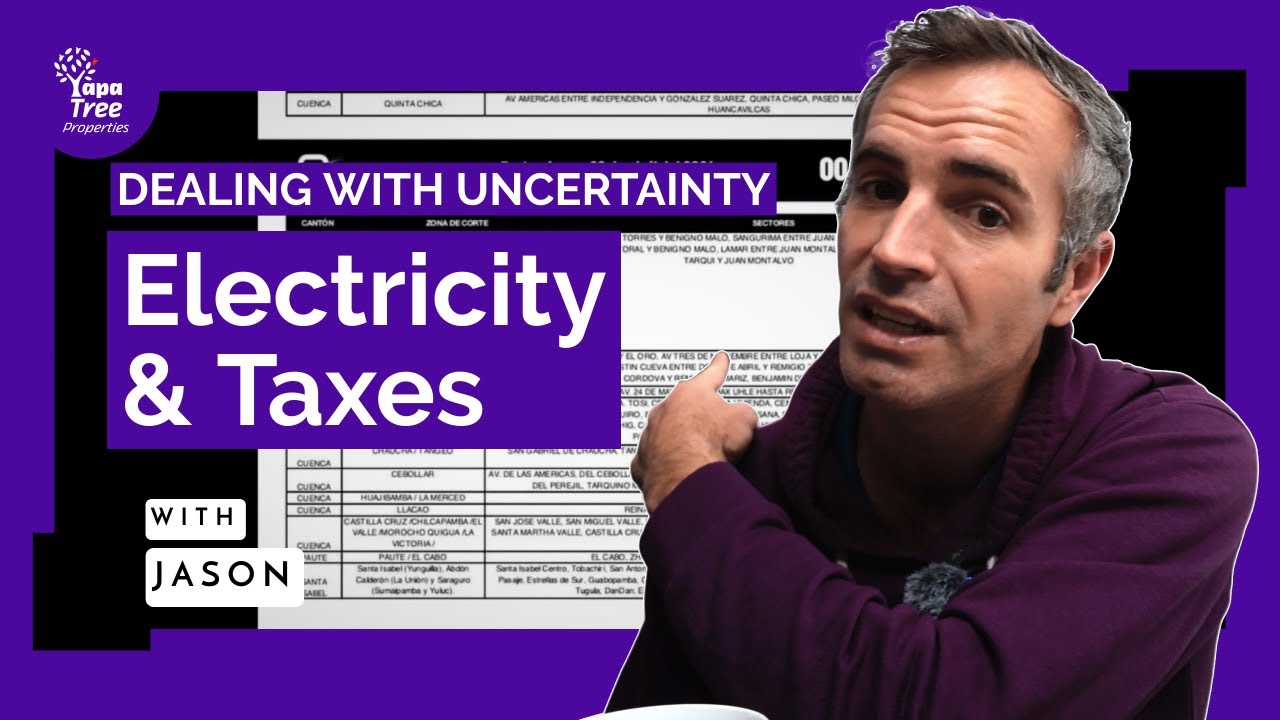

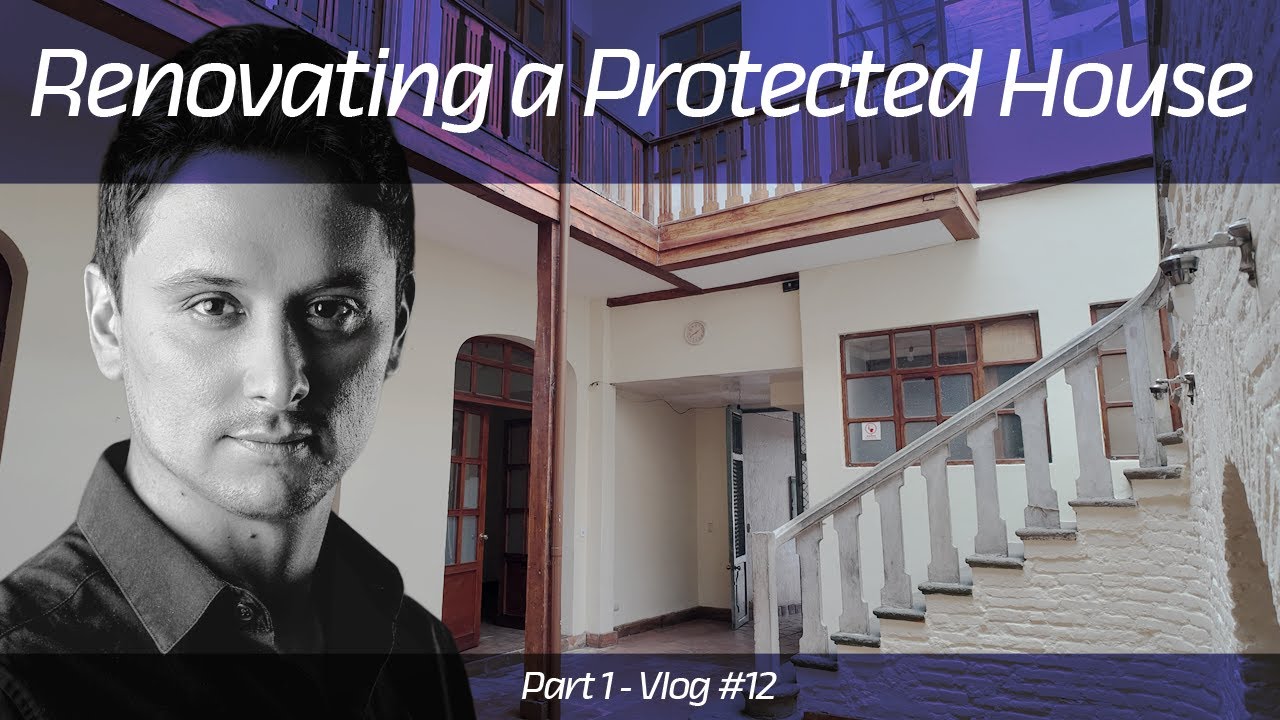
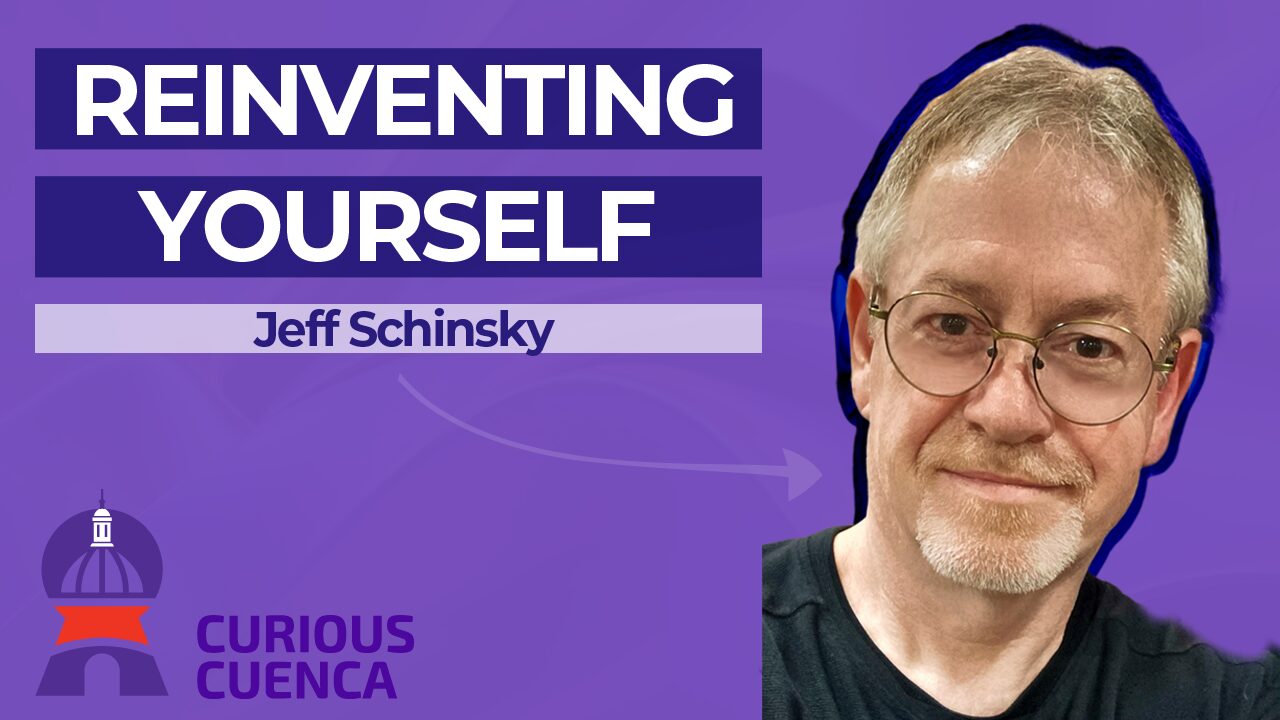
28 Responses
Thank you for all the good information. I’m still stuck on one question however. After the first two years I understand that to keep the visa one cannot stay out of the country for more than 18 months at a time. That’s not a problem. But some say that the law actually states, also, not more than 18 months out of the country over the first five years. That’s more of a problem. Do you have an idea of what the truth might be?
Hi Lorenzo, From my experience the ministry said the following in regards to the Professional Visa – year 1 you may be out of the country up to 90 days, year 2 you may be out of the country up to 90 days. Then, the 5 years following (years 3, 4, 5, 6, and 7), you may be out of the country for a total of up to 18 months. I am not aware if the rules are the same for any other type of visa.
Hi Lorenzo, From my experience the ministry said the following in regards to the Professional Visa – year 1 you may be out of the country up to 90 days, year 2 you may be out of the country up to 90 days. Then, the 5 years following (years 3, 4, 5, 6, and 7), you may be out of the country for a total of up to 18 months. I am not aware if the rules are the same for any other type of visa.
Hi, I just received my pensioner visa, and unless there are different rules for each of the residency visa types, I was told that I could be out of Ecuador a total of 18 months in each 5 year period after the first 2 years. Henry
Hi Henry, From my experience the ministry said the following in regards to the Professional Visa – year 1 you may be out of the country up to 90 days, year 2 you may be out of the country up to 90 days. Then, the 5 years following (years 3, 4, 5, 6, and 7), you may be out of the country for a total of up to 18 months. I am not aware if the rules are the same for any other type of visa.
Excellent recap of what is required for a Professional Visa. My wife and I got ours in October-November 2015. A few comments. I highly recommend using a Federal Channeler for submitting fingerprints to the FBI. The cost is a little higher, but turnaround generally is from 3-5 days or less, while FBI turnaround may be up to six months (as indicated in the article). This is especially problematic if you have any problems with your fingerprints–better to find out quickly. I also recommend contacting VisaAngels.com for latest information. They stay current and charge nothing for information. (They do charge a minimal fee for their time if you require them to intercede at SENESCYT or Immigration.) They also can direct your to translators that are very reasonable. Nowadays, you will have to travel to Azogues to register with SENESCYT and to obtain your Visa, if you are in the Cuenca area. Azogues is about 30 minutes away from Cuenca. And don’t forget that after you obtain your Residency Visa, you still must get a cedula (national identification card) at yet another agency.
Hi Lee, I as well consulted with Visa Angels for questions throughout the process and for translator services. You’re right – the FBI channeler option is definitely the best, despite the higher price.
Hey Lee and Kelly.. thanks for the info! I am reading some channeler websites and they can do same day service BUT the response from the FBI is different. Do you know from experience or what you have read about how long it takes to the FBI to send out the response? Thank you!
Time to go to lawyer, go on and check GT Directory
Thank you for presenting such a clear and accurate description. I just submitted my application and can offer one update. As of May 2016, you no longer need to have at least 30 days remaining on a T-90 (at least in the Azogues office). I had 2 days left when I applied.
About Lee Shrader’s comment above, I do not recommend using Visa Angels for a professional visa. They told me themselves that they do not have much experience with that category of visa. In fact, I trusted some information that they provided only to learn later that they did not check as to its accuracy. Trusting that advice was very costly, in time and money both.
I am simply reporting my experience. Others may have different experiences.
Hi Tamara, To my knowledge the 30 day restriction at the end of the T-3 did not apply to the professional visa application, rather it was to apply for another type of tourist visa, such as the 6 month extension. Congrats on the application submission!
Seems to me the only difference between the prof and pensioners visa is the need for degree. Otherwise, for a pensioners you have to instead present proof of income. Now that I think of it, there’s also the deal with prior marriages…..basically, however, is this true?
There’s a HUGE difference between the professional visa and the pensioner’s visa. With the professional visa, you do not need to prove or be tied to a minimum mandatory income each month to retain your visa.
Good Info Kelly – we used to live in Frederick Co – out by New Market . Small world.
Can any of the readers comment on the value of BOTH husband and wife getting their own Professional Visas…… VS. one getting it and the other being a “dependent?”
I think I have it figured out but would welcome feedback on points I may have missed here:
1) It will cost more – 500 each for the visa plus associated costs VS 500 and associated costs for one + whatever it costs for the other spouse to get a visa based on #1s Professional Visa- I am thinking the savings here is only slightly more than $500,if that as the second spouse would still have to get background checks etc, AND probably now need Marriage Cert – Apsotilled, Notarized Translated etc
2)With separate Professional Visas – each spouse can stay/ remain in Ecuador independent of the other – in the event of death, separation etc. If the spouse with the Visa passes away, leaves, lets Visa lapse by being out to long or whatever other reason the “dependent” spouse would no longer have a valid Visa.
Are there benefits other than that? Both COULD work possibly? (Even though we probably wouldn’t) What else?
One last question in case anyone has done this or attempted this. From my reading up on this topic it appears that even though the learning institutions are pre- approved you still have to submit the degree to SENESCYT and wait for an approval or some ID number that they issue specifically to you. It is then this number/info that you put on the Visa application to prove that your degree has in fact been approved and that you are eligible for the Prof Visa.
So here is the question: Could one go to Ecuador on vacation and submit the paperwork to Senescyt to get your degree registered and then go back a year or even two later and complete the Professional Visa process? I have never seen anything about time restriction to apply for the Visa ONCE the degree has been registered. I realize one has to be done before the other but they appear to be separate processes.
Thanks in advance for any info you can provide
puose to r ) %00 !) i en >? We both o
Hi Dale, Unfortunately I am not aware of the values and regulations of the two options you proposed. However I can comment on your SENECYT question. To my knowledge there is no time restriction on the process. If you go to SENECYT you are simply requesting that your degree (titulo) be registered and approved in the Ecuadorian system. There is no formal application or cost to the process, rather you are putting a record on file. You then have an account and can use your passport number to pull up your information. This page needs to be printed and submitted with your visa application (and later once you go for your cedula). My titulo was registered in about 1 month, and I did not go to apply for the visa until about 3 months later. I hope this helps.
Thanks for the response Kelly and sorry about the mess of words i left at the end – just didn’t clean up the email before i hit “send.”
I am a couple years away from making the move to EC but visit about once per year….I think the next time i am in Quito i will try to register my degree with Senescyt. Since I dont really need all of the other documents in order to register the degree it shouldn’t be that hard of a process and then it will just be “on File” when i need it. I read a post the other day that someone did it in Quito and when she got home later that day it was already registered …. other said theirs took less than a week in Quito. So, with that kind of timing its probably not a big deal either way.
With regard to the time one has to remain in country – the whole 18 month thing . I will share what i have heard/ read etc.. .PS I am not claiming on is truer then the other situation – only what has been shared with me and has been all over the web. Apparently there are two agencies which both made laws regarding this subject – one say 18 months in a 5 year period – the other says up to 18 months at any one time. Quite different right?? Well, one agency apparently no longer has the authority and do not administer or over see that any more…. the one that says UP TO 18 months at any time AFTER 2 years is the agency that controls it, making the other information dated/ obsolete however some people (including workers at the various ministries still continue to share what is believed to be the “old Law”
There was much discussion about this (and had been for a while) on FB .. Several photos were posted about the “law” one was posted at the office where you get your Visa in Guayaquil and the other is a small piece of paper that they had out in the Quit office which they said you could give to anyone who questioned it upon re-entry to the country – i will try to pose them both in another response.
Then i guess the readers will have to decide which version they want to believe.
Good luck to everyone
I think the SENESCYT registration is tied to your passport number, so if your passport number changes then ?
Wow, Kelly! You backed up the information in your post by individually answering our questions. That’s awesome! I now have a more clear understanding of the process. Thank you kindly. To Dale – I have a 9-VI resident visa because my wife is Ecuadorian. I’ve been told that I cannot live here as a dependent without this visa. Which makes me think that both you and your wife would need a visa. This raises the question, what if only one spouse has a college degree? Would that prohibit both from living in Ecuador? Do dependent children living here also need some type of visa?
Hi
I have a question , i want to find out if i could get the authorization of my university degree in ecuador from my country ?i mean there isnt any option to this online or do it by posting my ducoments . And get my visa in the embassy in my country and then immigrate to ecuador. Is it possible?
Hi Zahra, to my knowledge I believe all documents must be submitted directly in Ecuador. You would have to be in the country on the 3 month tourist visa (must apply at least one month before this visa expires), or you could also be on the 6 month extension (only need to apply before the visa expires). Once your application is submitted you are allowed to stay in the country until it is processed, but if you decide to leave the country while your application is being process, it will be canceled. You can, however, get the 6 month extension visa at the embassy in your home country. That is what I did. I hope this helps!
Great info, thank you! Question – the letter from the university that confirms school attendance, does it need to be four-year degree and on-site the whole time? Would an online 2-yr Master’s program count? Curious about the university specifics and where I could read more about it.
Not that I’m any great authority on the Ecuadorian bureaucracy, but generally when one gets to unique, squirrelly cases, it becomes open to interpretation, meaning the mood of the person you’re dealing with. There are certainly “hard” points beyond discussion, but I’d bet this one could go either way. That said, I’ve read many comments on various websites from people navigating the Ecuadorean process, that attest that they are extremely skeptical of anything that may be construed as online, mail-order, or other than a full-fledged degree from a brick & mortar as traditionally understood. They seem to have also become quite wise to the many variations of “alternative” degrees and education that have become pervasive in the US in recent years.
Hey Julia! Absolutely. I registered my 2 year masters degree because that university was on the list, and my bachelors was not. From my experience, I saw that they were skeptical about being on-site full-time (as in it was a requirement). But, if your university is on the list, that should not matter because you don’t need to give supplemental documents, such as a transcript or letter which would note an online program status.
Hey, i am thinking about applying for mine soon, but I wanted to know if you can definitely apply for the professional visa whilst being on the T-3 (tourist visa), because I thought you cannot register your degree whilst on the t-3 visa? this is the small print on the senscyt application form to register your degree ” Con estatus migratorio: inmigrante (9) y no migrante (12), EXCEPTO: Visa 12: X Turismo (Visitante temporal) y las visas de tránsito otorgadas en los aeropuertos o en las fronteras: T2 o T3, que NO SON VÁLIDAS para este trámite.”
Hi, I have the same question, were you able to submit on T3 eventually? Thanks!
Can it be ANY degree from a listed university, or do they have a list of specific degrees that apply for this vias?
Hi, guys first of all thanks to all of you for sharing your views and experiences.
My only question is that which visa is required to convert 9-V professional means either T-3 visa or 12-X visa? I need to apply for 9-V visa so for it which visa i need to have T-3 or 12-X?
Does the professional visa require that you work in Ecuador? If so, would working online for a company located elsewhere be acceptable, or does it have to be for a company located in Ecuador?